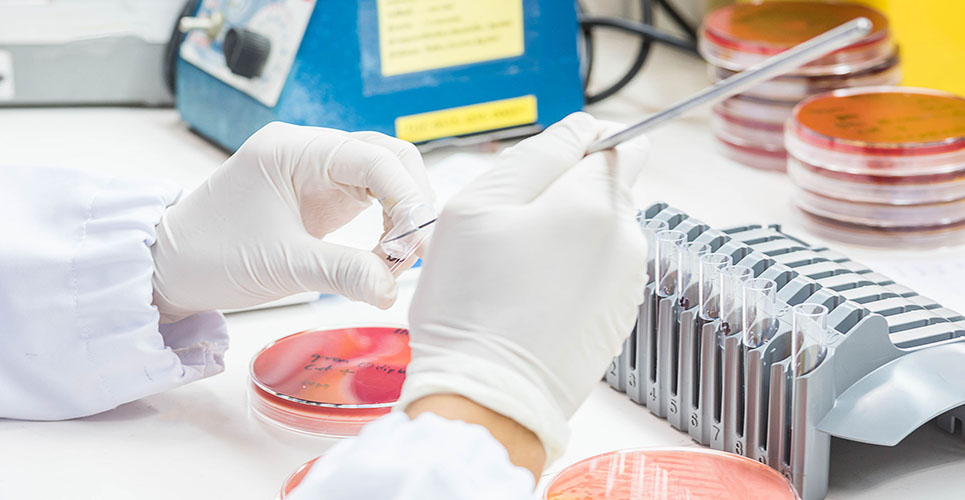teaser
Proteins can be stabilised 200 times by attaching glycans, researchers claim, in highly promising findings for drug development.
The team, from Scripps Research Institute, found that attaching specific oligomeric arrays of sugars to proteins with a defined structure made stabilised them 200-fold in the test tube.
This increased stability is anticipated to translate into longer half-lives for therapies, which could lower cost of protein-based treatments and reduce the number of injections needed iduring a treatment course, the results published in the journal Science suggest.
The work could have major implications for the drug industry given the large number of protein-based drugs on the market, in clinical trials, and others under development.
Nearly all of these protein-based drugs have glycans attached to them and are called “glycoproteins”.
Glycoprotein-based drugs can be quite expensive to produce and usually need to be administered intravenously.
One of the challenges in producing these drugs has been increasing their stability, which generally extends their half-life — issues that the new discovery appears to directly address.
“We’ve now provided engineering guidelines for glycoprotein stability,” said Professor Jeffery W. Kelly, Lita Annenberg Hazen Professor of Chemistry Chairman, Department of Molecular and Experimental Medicine, Skaggs Institute for Chemical Biology, Scripps Research Institute in La Jolla, California.

